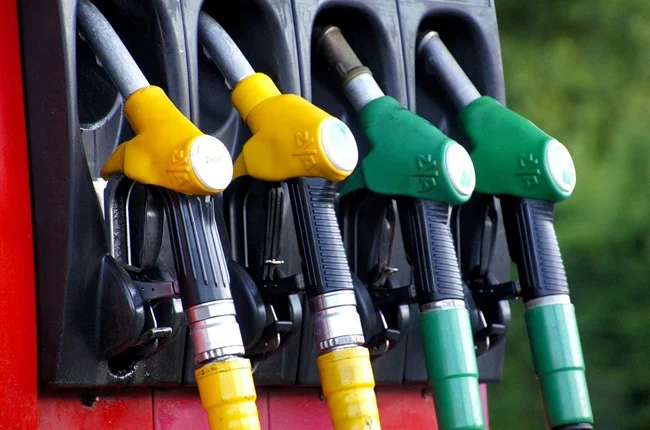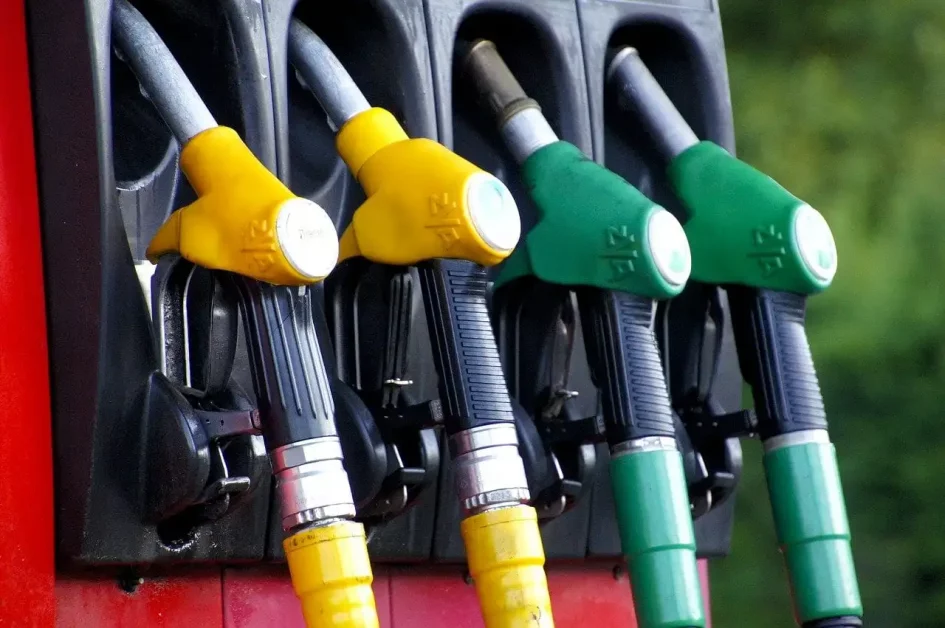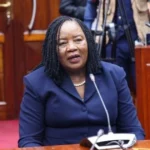The government reinstated fuel subsidy on Monday as it moved to cushion customers from the hiking pump prices. The reinstatement comes after President William Ruto removed all fuel subsidies in September 2022 stating that subsidies were harming the country and not helping it.

This directive follows a cheaper consignment that arrived last week and made oil marketers raise concerns. The Energy and Petroleum Regulatory Authority (EPRA) kept the prices of fuel unchanged in the latest review after the introduction of subsidies. Without it, the prices would have increased past the Ksh 200 mark per litre.
“In order to cushion customers from the spike in pump prices as a consequence of increased landed costs, the government has opted to stabilize pump prices for the August-September pricing cycle,” EPRA said in a statement.
According to EPRA, without the introduction of the fuel subsidy, the prices in Nairobi would be Ksh 201 for a litre of petrol, Ksh 183.6 for a litre of diesel and Ksh 175.22 for a litre of kerosene. Instead, the subsidy allows the prices to remain unchanged at Ksh 194.68 per petrol litre, Ksh 179.67 for diesel litre and Ksh 169.48 per litre of kerosene.
EPRA mentioned that the oil marketers would receive compensation from the Petroleum Development Fund. The subsidies introduced are Ksh 7.33 (petrol), Ksh 3.59 (diesel) and Ksh 5.74 (Kerosene).
Ruto’s Initial Stance on Subsidies
This comes in contradiction to Kenya Kwanza’s main campaign point. They faulted the previous regime for misusing the funds to benefit a few oil marketers. The party went ahead to state that subsidies hurt the economy and that his regime would work to make the economy better by removing any and all subsidies, just two weeks into office.
“On subsidies alone, the taxpayers have spent a total of Ksh 144 billion, a whopping Ksh 60 billion in the last four months,” said Ruto during his inauguration in September 2022.
Subscribe to Switch TV
IMF Stance on Subsidies
The removal of subsidies was one of the conditions set by the International Monetary Fund (IMF) before issuing a loan to President Ruto.
@EPRA_Ke has calculated the maximum retail prices of petroleum products, which will be in force from 𝟏𝟓𝐭𝐡 𝐀𝐮𝐠𝐮𝐬𝐭 𝟐𝟎𝟐𝟑 𝐭𝐨 𝟏𝟒𝐭𝐡 𝐒𝐞𝐩𝐭𝐞𝐦𝐛𝐞𝐫 𝟐𝟎𝟐𝟑.^DC pic.twitter.com/JAmS7qyPFO
— Energy and Petroleum Regulatory Authority (@EPRA_Ke) August 14, 2023
“The authorities intend to continue gradually realigning domestic to global fuel prices in the financial year 2022/23 and eliminate the fuel subsidy by October 2022,” IMF said in the third program review for Kenya’s Ksh 270.2 billion loan package.
The IMF was seen praising the President for sustaining the economy and also stabilizing it. It is however yet to be confirmed whether the IMF approved the fiscal policy introducing fuel subsidies to cushion Kenyans for the cost of fuel. Ruto was also seen criticizing the IMF and World Bank for their loans which are accompanied by strict conditions. According to him, the conditions might benefit the lenders, but in turn, increase the cost of living within local countries and impede the financial freedom of the countries.
Read Also: Daniel Kiptoo Faces Court Summons Over Bold Fuel Levy Move
















